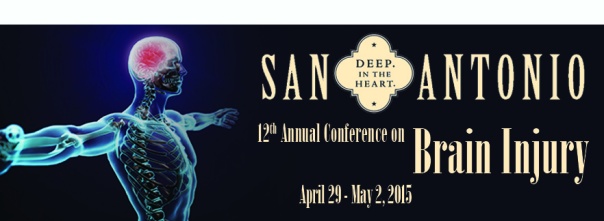TITLE: A Case Study on the Relationship Between Sensory Processing Skills and Academic Achievement with a 14 year old With Electrographic Status Epilepticus in Sleep (ESES)
Authors: Dechantal C. V. Montano, OTR/L and Sara T. Naegele, MS Ed Execu-Sensory and Neuropedagogy Educational Consulting Services
____________________________________________________________
OBJECTIVES: This case study shows a relationship between increased sensory processing skills and academic achievement for a 14-year-old female with infantile stroke and Electrical Status Epilepticus of Sleep (ESES) among others. The objective of this study is to determine the relationship between an increase in sensory processing alertness/engagement and academic achievement for a student with ESES.
METHODS: Baseline academic achievement was gathered with an independent psycho-education evaluation, modified Brigance Testing and experimenter designed 7-sense diet tracking sheets. Sensory diet tracking measured Levels of Engagement (LoE) and levels of Alertness (LoA) on a 5 point scale. Intervention was delivered in school and home with participation of medical, educational and technical staff. Modified 7- sense sensory diets were implemented up to 6 times a day in the first 4 months lasting for 15-30 minutes, and up to 3 times a day for the last 8 months. Student’s academic program was two-three formal 30-minute individual or small group periods, and two formal 30-minute whole group periods for 12 months. Direct instruction model was utilized during individual/small group instruction. When student mastered content with at least 80% accuracy over five consecutive sessions, new topics were introduced. Post-Test academic achievement and sensory processing was taken one year after baseline.
RESULTS: Evidence from assessments demonstrated a correlation between increased and consistent levels of alertness and engagement during improvements in diets and academic achievement. At baseline, student presented with aversion to the diet protocol (0% for both levels of engagement and alertness). Student tested at a pre-kindergarten level for word recognition and computation and kindergarten level for rote counting. Results corroborated with the independent psycho-education evaluation. Post-Testing had student to be alert 86.7% at level 3 (calm/neutral/awake) and 13.3% at level 2 (sleepy, intentional eye-closure) and engaged 68.3% at level 4 (engaged for 75% of the activity), 26.7% at level 3 (engaged for 50% of the activity) and 5% at a level 2(engaged for 25% of the activity). Modified Brigance-Testing had her at 3rd grade on word recognition and computation (addition, subtraction, multiplication and division).
CONCLUSIONS: This case study shows positive correlation between increased sensory processing alertness/engagement and academic achievement when sensory diets are administered. Increased sensory processing alertness/engagement plays a part in increasing academic achievement in children with ESES. Please note that additional therapies were performed throughout the student’s day and may have played a role in her overall increase in academic achievement. Further work on the efficacy of sensory processing skills needs to be studied within a clinical based setting to determine if the benefits are generalizable to other children within this population as well other populations.
Execu‐Sensory and Neuropedagogy Lecture Series One:
The Brain in Holistic Learning and Behavior Connection

ACADEMIC 11/7/2014: 9:00 a.m. -‐ 11:00 a.m. Training Seats
Attendees explored the vital connections between the anatomical brain and the functional brain, and the introduction of delivering instruction via the knowledge of brain functioning. Attendees increased their awareness of how technology is a digital dichotomy between educators and students, and how these influence the kind of brain that is produced based on the fast-‐paced, ever-‐evolving global environment. In this session the Pre-‐Frontal Cortex is highlighted to build upon Executive Functioning Skills as the Learning Connection in the classroom. These skills, methods and strategies can ultimately fast track the student into a sense of successful awareness of their skill levels during various school experiences. This session explored the practical application of the theory as it pertains to specific executive functioning skills.
FEEDBACK FROM PARTICIPANTS:
“This session was extremely informative and helpful.” “The presentation was very informative, packed full of useful information, and interesting. I think this was great background information to use as a springboard for implementing strategies for more successfully teaching with the brain in mind. “ “Background information about why students behave the way they do or need certain things at different developmental stages.” “I would have liked to hear more strategies about ways I could teach lessons and include all four parts of the brain. They provided a couple but as a special education teacher; the more strategies the better. Overall, great workshop!”
